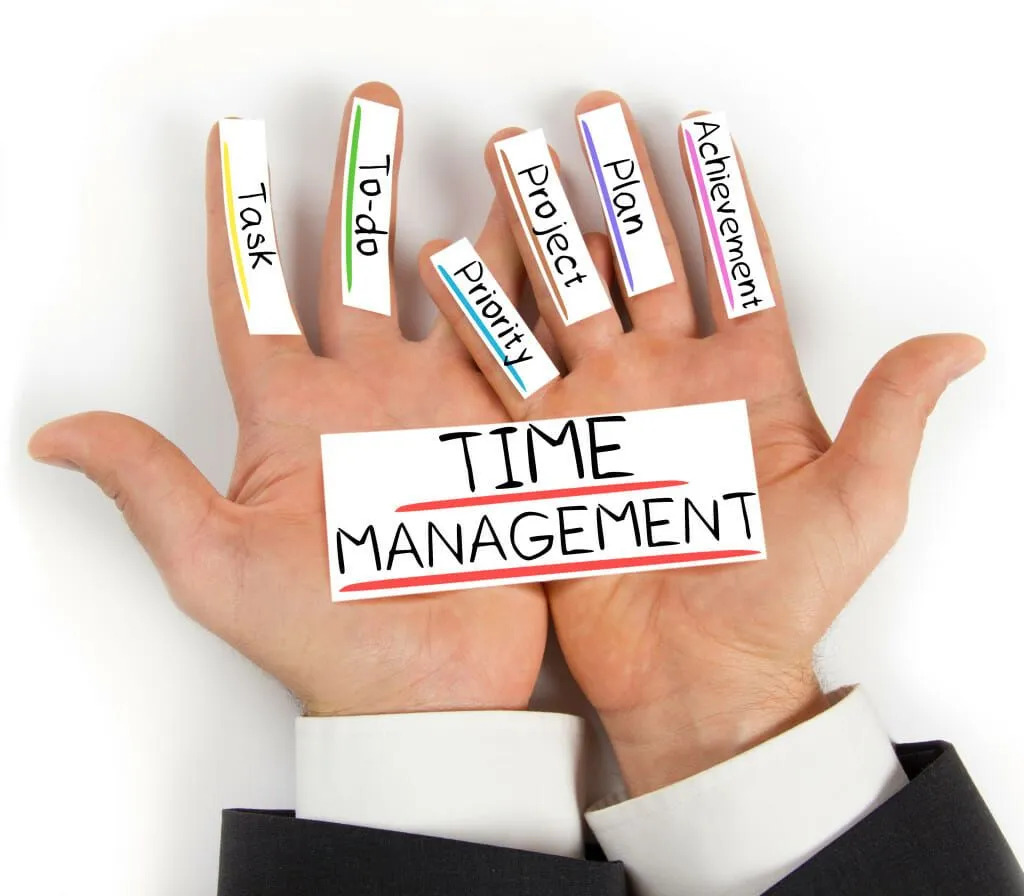Time management is a crucial skill that helps individuals balance work, personal life, and other responsibilities efficiently. In today's fast-paced world, managing time effectively can lead to increased productivity, reduced stress, and improved well-being. This article explores practical time management strategies, tools, and techniques to help you stay organized and achieve your goals.

Why Time Management is Important
Effective time management has numerous benefits, including:
-
Increased Productivity: Helps accomplish more tasks in less time.
-
Reduced Stress: Prevents last-minute rushes and anxiety.
-
Better Work-Life Balance: Allocates time effectively between professional and personal life.
-
Improved Decision Making: Allows thoughtful planning rather than rushed actions.
-
Higher Quality of Work: Provides ample time to focus on details and precision.
Key Time Management Strategies
1. Set SMART Goals
Goals should be:
| Criteria | Description |
|---|---|
| Specific | Clearly define what needs to be achieved. |
| Measurable | Use metrics to track progress. |
| Achievable | Set realistic and attainable goals. |
| Relevant | Ensure alignment with overall objectives. |
| Time-bound | Set deadlines for completion. |
2. Prioritize Tasks with the Eisenhower Matrix
A simple tool to categorize tasks:
| Priority Type | Action |
| Urgent & Important | Do immediately. |
| Important but Not Urgent | Schedule for later. |
| Urgent but Not Important | Delegate to someone else. |
| Neither Urgent nor Important | Eliminate or minimize. |
3. Plan Your Day with Time Blocking
Time blocking involves scheduling specific time slots for different activities.
Example of a Daily Time Block:
| Time Slot | Activity |
| 7:00 AM - 8:00 AM | Morning routine & exercise |
| 8:30 AM - 10:30 AM | Deep work (high-focus tasks) |
| 10:30 AM - 11:00 AM | Break & refresh |
| 11:00 AM - 1:00 PM | Meetings & emails |
| 2:00 PM - 4:00 PM | Project work |
| 4:00 PM - 5:00 PM | Wrap-up & planning |
| 6:00 PM - 8:00 PM | Family & leisure time |
4. Avoid Multitasking
Multitasking reduces efficiency and increases mistakes. Instead, practice:
-
Single-tasking: Focus on one task at a time.
-
The Pomodoro Technique: Work for 25 minutes, then take a 5-minute break.
-
Batch Processing: Group similar tasks together to improve efficiency.
5. Use Productivity Tools
Technology can aid time management. Some useful tools include:
| Tool | Purpose |
| Trello | Task and project management |
| Todoist | To-do list and reminders |
| Google Calendar | Scheduling and event management |
| Focus@Will | Background music for concentration |
| RescueTime | Tracks time spent on tasks |
6. Learn to Say No
Saying "yes" to every request can lead to:
-
Overcommitment
-
Increased stress
-
Reduced productivity
Politely decline tasks that do not align with your priorities.
Common Time Management Mistakes to Avoid
| Mistake | Impact |
| Not setting clear goals | Lack of direction and motivation |
| Procrastination | Missed deadlines and increased stress |
| Overcommitting | Burnout and decreased productivity |
| Lack of breaks | Mental fatigue and decreased focus |
| Ignoring planning | Inefficient use of time |
FAQs
1. What is the best time management technique?
There is no one-size-fits-all solution. However, methods like time blocking, the Pomodoro Technique, and the Eisenhower Matrix are highly effective.
2. How can I stop procrastinating?
Break tasks into smaller steps, set deadlines, and use tools like timers to maintain focus.
3. What are the best apps for time management?
Some of the best apps include Trello, Todoist, Google Calendar, and RescueTime.
4. How does time management reduce stress?
It helps in organizing tasks, reducing last-minute pressures, and ensuring a balanced work-life schedule.
5. How can I improve my time management skills?
Practice prioritization, set clear goals, eliminate distractions, and track your time usage regularly.
Hira Amir butt
Top Contributors
Related Articles
Why Your First Job Doesn’t Define Your Career – Key Factors for Long-Term Success
- Ilmkidunya
- 14/Apr/2025








.gif)


































